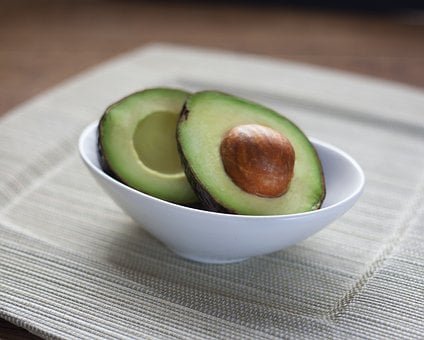Potassium is readily available in many foods, so potassium deficiency is not common in those who eat regular well-balanced meals, according to the University of Maryland Medical Center. The recommended daily potassium intake for a 2,000-calorie diet is 2,000 mg. A high potassium diet may be recommended for those who have high blood pressure, are salt-sensitive, and in some cases, are endurance athletes. The National Blood and Lung Health Institute promotes the potassium-rich DASH diet (Dietary Approaches to Stop Hypertension). The DASH diet is based on a study in which participants consumed potassium-rich foods to equal 4,700 mg per day and reduced sodium to 1,500 mg per day. That study showed significant decreases in blood pressure readings.
Step 1
Add vegetable and fruit servings to your diet. Avocados, squash, mushrooms, bananas and apricots are all very good sources of potassium.

image source pixabay.com
Step 2
Add potatoes to your weekly menus. Both white and sweet potatoes are excellent sources of potassium, at about 800 to 1,000 mg per medium-size potato.
Step 3
Choose leafy greens such as kale, mustard greens and spinach, which are simple, potassium-rich side dishes, and also add extra potassium to lettuce salads and soups.
Step 4
Drink orange juice. A large glass of orange juice adds about 600 mg of potassium to your diet every day.
Step 5
Consume dairy, especially milk and yogurt, every day. Two to three servings of low-fat dairy products per day are recommended.
Avocados RULE!!!!!! the end. 👌😎👍😁
avocado is the best fat&protien ... eat more of it please
will do :)